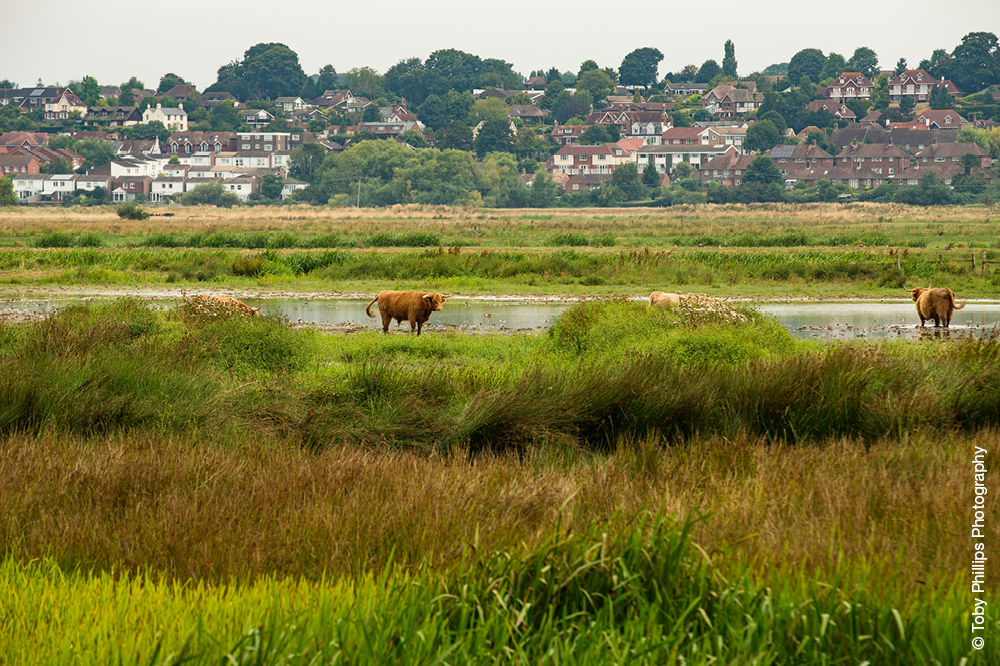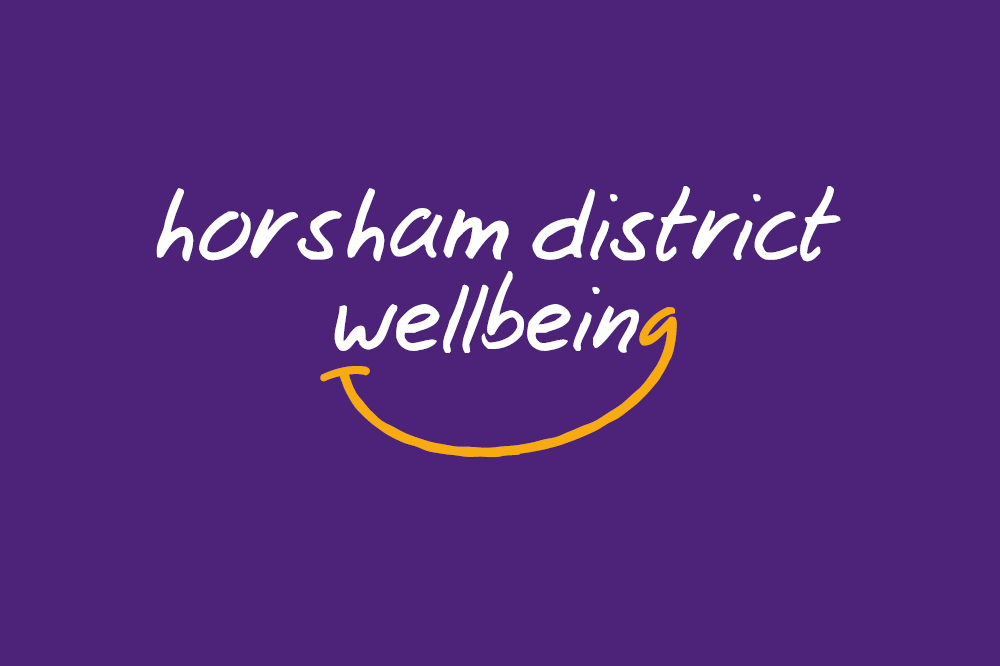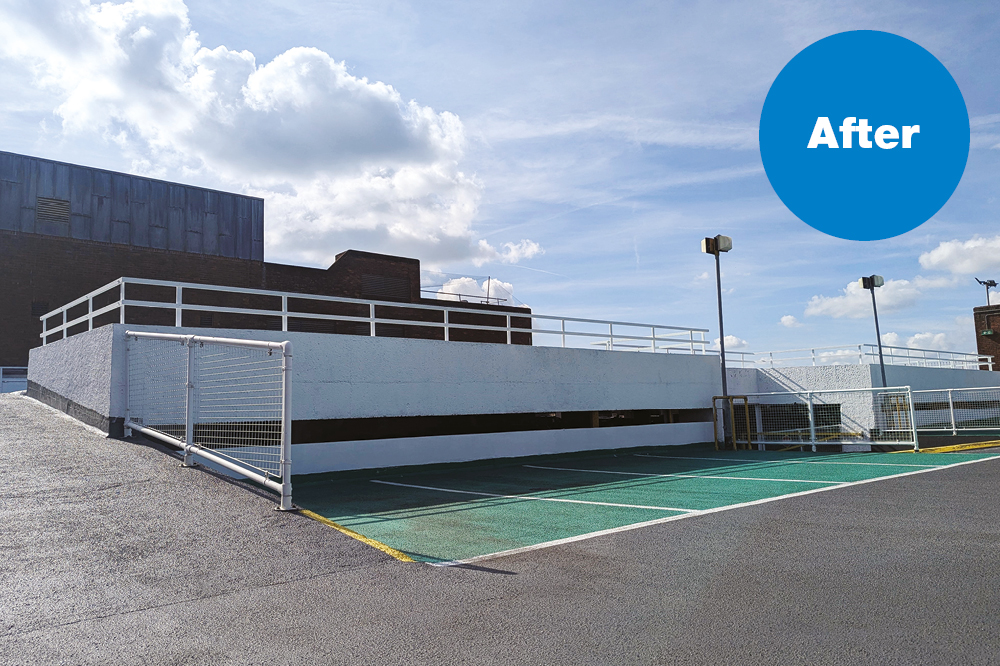Recently you may have heard of the term ‘water neutrality’ or watched TV programmes about the need to protect water resources. This has become a hot topic in recent months, particularly for Horsham District.

The Arun Valley nature reserve near Pulborough is of international importance for the rare habitat and species it supports. Studies by Natural England (the Government's adviser for the natural environment in England) have shown that this environment is under threat and that one of the causes is the increasing demand for drinking water, which is taken out of the ground close to the site to supply homes and businesses in the Crawley, Chichester and Horsham areas.
In order to prevent harm to this habitat Natural England have advised that new developments do not increase the demand for water above existing levels. This is referred to as Water Neutrality. This is having a big effect on the type and amount of development which can take place in the District at the moment.
New developments affected
To avoid making the situation worse, local councils including Horsham District Council, are now not allowed to give planning permission to build new homes or expand business where they increase the demand for drinking water. This is preventing most new homes and economic growth from taking place for the time being.
Whilst some people may initially welcome the lack of new development in the short term, in the medium to long term, it could cause significant future problems for the provision of homes for local people, and business developments, and consequently the vibrancy of our local economy. It is therefore very important that we find a solution to this problem.
What we are doing in response to this
Horsham District, together with a number of other organisations including other affected local authorities, Natural England and Southern Water, are working to develop a strategy that will provide solutions to water neutrality. This will require new development to be designed to use as little water as possible. In addition, other ways of reducing water use will need to be found – this includes water company work on fixing leaks, and in the longer term finding new water sources.
What this means for our Local Plan
For some time now the Council has been preparing a Local Plan that will set out planning policies and proposals to guide development in the District up to 2038. The Council is required to prepare a Local Plan by law. In order to make sure that the new plan which comes forward does not increase the demand for drinking water, the plan has been paused whilst work on finding the solution to water neutrality takes place.
As Sussex is the first place in the country that has needed to show that development which takes place is water neutral, it is difficult to know exactly how long it will be before a solution is finally in place.
The eventual solution may also have an impact on the amount of development which can take place. If this is the case, our Local Plan will need to identify a lower housing number than the target which is set by national government.
In advance of the Local Plan, planning applications continue to be determined. Whilst some limited developments have been permitted where water neutrality has been conclusively demonstrated, this is a very high bar. This is therefore impacting the amount of development which is able to proceed at the current time.
Stay up to date
This is a new and evolving issue for the Council. All updates will be shared on our Local Plan webpage.




